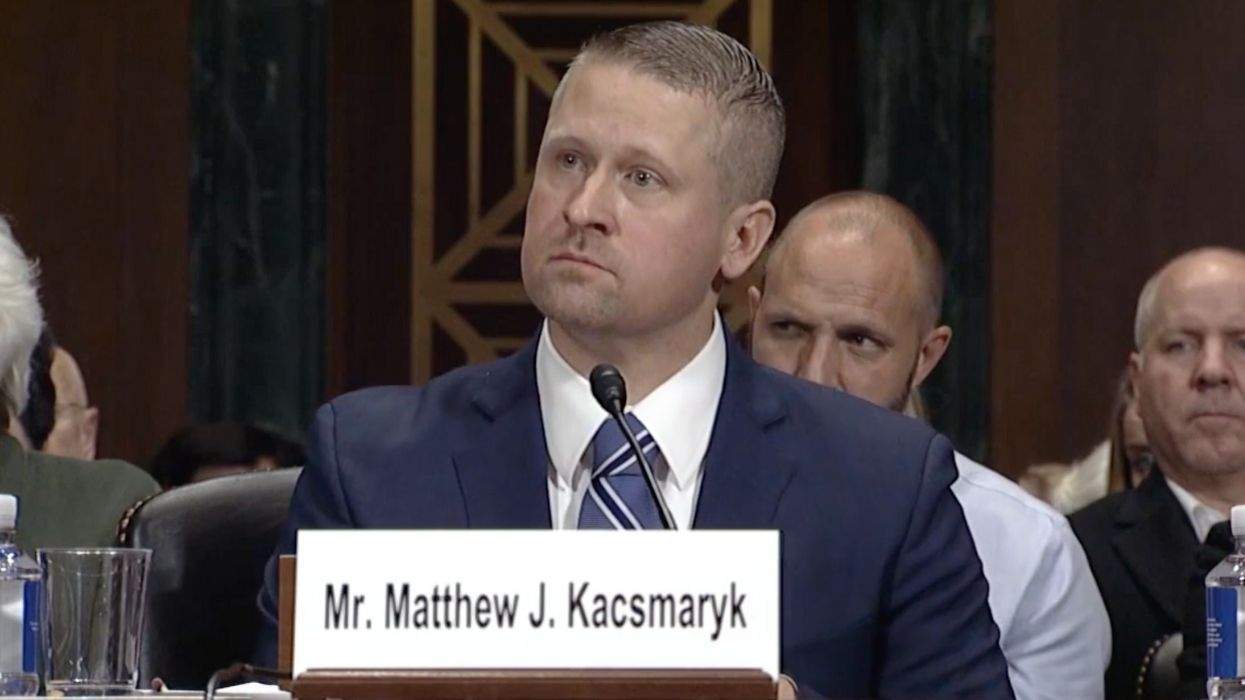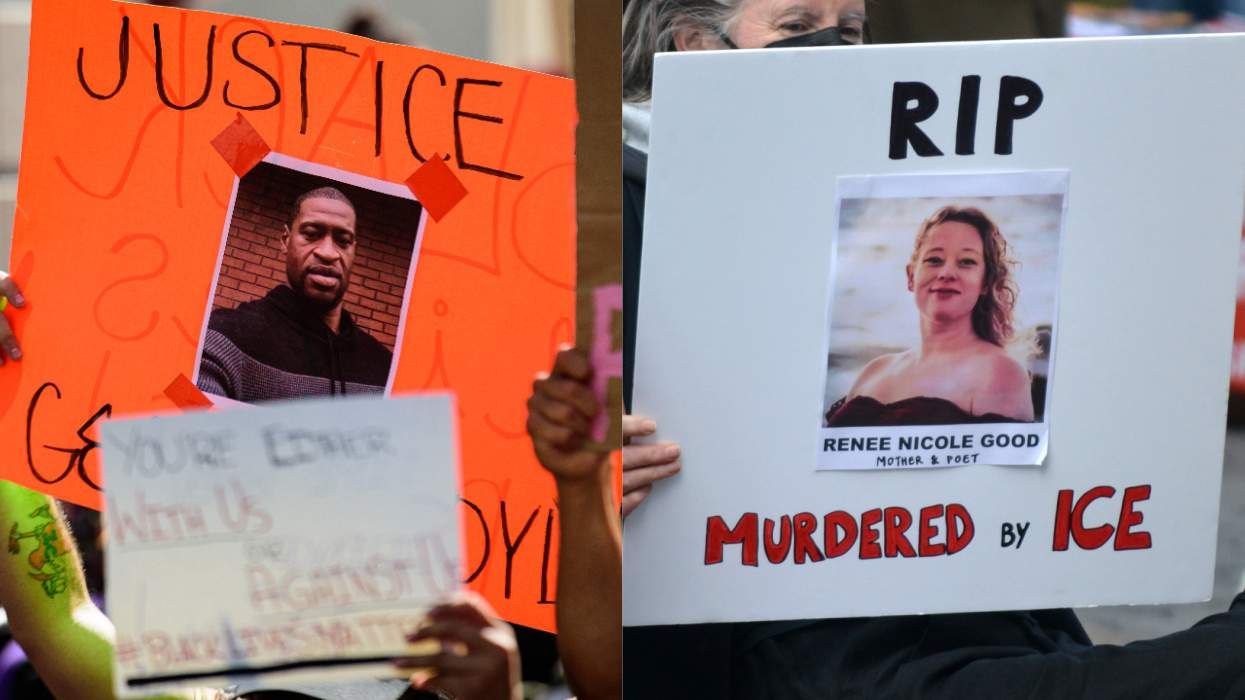Idaho can enforce its law making it a felony to provide gender-affirming care to transgender minors while a lawsuit against it proceeds, the U.S. Supreme Court ruled Monday.
A federal district court had issued an injunction against the law last year, blocking it from enforcement while the suit is heard, as the court found the suit likely to succeed on its claim that the law is unconstitutional. The U.S. Court of Appeals for the Ninth Circuit upheld the injunction in January. But the high court said lower courts had erred in blocking the law’s application to all state residents instead of just those who brought the suit. The Supreme Court’s decision Monday allows the law to apply to all Idahoans except those who sued.
“The plaintiffs are two minors and their parents, and the injunction covers two million,” Idaho Attorney General Raúl R. Labrador wrote in his emergency appeal.
Lifting the injunction had the support of most of the court’s conservative wing. “Although orders on the emergency docket often include no reasoning, the decision included concurrences by Justice Neil M. Gorsuch, who was joined by Justices Samuel A. Alito Jr. and Clarence Thomas, and Justice Brett M. Kavanaugh, who was joined by Justice Amy Coney Barrett,” The New York Times reports.
“Just do a little forum shopping for a willing judge and, at the outset of the case, you can win a decree barring the enforcement of a duly enacted law against anyone,” Gorsuch wrote. “Once that happens, the affected government (state or federal) will often understandably feel bound to seek immediate relief from one court and then the next, with the finish line in this Court. After all, if the government does not act promptly, it can expect a law that the people’s elected representatives have adopted as necessary and appropriate to their present circumstances will remain ineffectual for years on end.”
Justice Ketanji Brown Jackson dissented, and she was joined by Justice Sonia Sotomayor, a fellow liberal. Justice Elena Kagan, another liberal, dissented as well.
The law, signed by Republican Gov. Brad Little a year ago, provides for a prison sentence of up to 10 years and a fine of up to $5,000 for violation. Two trans teens and their families sued to challenge the law; they are represented by the American Civil Liberties Union, its Idaho affiliate, and three law firms. They “argued that this case was not the right vehicle for addressing concerns about universal injunctions,” the Times reports. They are identified in the suit only by pseudonyms, so blocking the law just for them would mean they would have to reveal their identities when receiving health care.
“While the Court’s ruling today importantly does not touch upon the constitutionality of this law, it is nonetheless an awful result for transgender youth and their families across the state,” said a statement from the ACLU and its Idaho branch. “Today’s ruling allows the state to shut down the care that thousands of families rely on while sowing further confusion and disruption. Nonetheless, today’s result only leaves us all the more determined to defeat this law in the courts entirely, making Idaho a safer state to raise every family.”















Charlie Kirk DID say stoning gay people was the 'perfect law' — and these other heinous quotes
These are some of his worst comments about LGBTQ+ people made by Charlie Kirk.